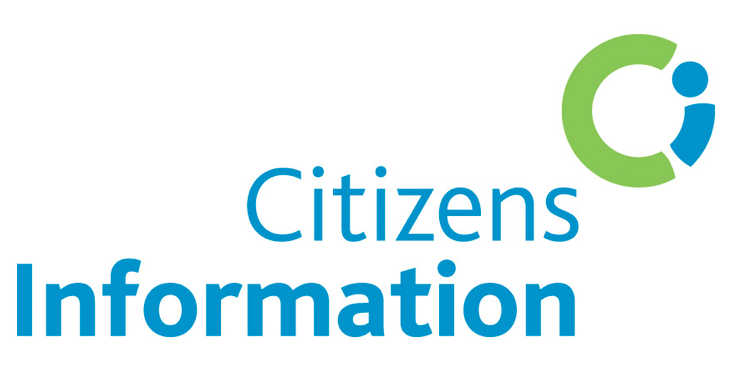 Know Your Rights has been compiled by Kerry Citizens Information Service which provides a free and confidential service to the public…
Know Your Rights has been compiled by Kerry Citizens Information Service which provides a free and confidential service to the public…
If you die without making a will, your estate will be distributed according to the law on succession. This means that your estate will be distributed between your surviving family members in the way that is set out in law. However, if you want to have a say over who inherits all or part of your estate, you should make a will.
How do I make a will?
You can write a will yourself, or have a solicitor write it for you. There is no set cost for having a solicitor write your will, & you can get quotations on prices on a solicitor’s website or by calling their offices. You may be able to save money by shopping around.
A solicitor can advise you about your will and can make sure that your will is legally valid. If you write your own will, you should make sure that it is valid.
Continued below…
What should my will contain?
You do not have to have your will in any set format. However, it is important that the will has the following:
• Your name & address.
• A statement that says you revoke or disown all earlier wills or codicils.
• The appointment of one or more executors, or people who will carry out your wishes in your will after you die, along with their names and addresses.
• Your will should be dated and signed by you and your witnesses.
What are the requirements about signing your will?
You have to sign your will in the presence of 2 witnesses. They have to sign the will to attest (witness) that you have signed the will. They do not have to see the contents of the will.
If you are unable to sign your will because you cannot write, you can make a mark that should be witnessed like a signature.
If you are physically disabled and are unable to sign or mark your will, you can direct an agent or representative to sign your will for you. Your agent must sign the will in your presence and on your direction and your two witnesses must be present.
The witnesses or their spouses/ civil partners cannot benefit from the will.
Continued below…
What is the legal right share which the spouse is entitled to receive?
If you have left a will, and your spouse or civil partner has never renounced or given up their rights to your estate, then they are entitled to a legal right share of your estate. This legal right share is:
• One-half of your estate if you do not have children
• One-third of your estate if you do have children
Your spouse/civil partner does not have to go to court to get this share, as your executor must give this share where applicable.
Do cohabiting partners have any inheritance rights?
Partners, who live with each other but are not married or in a civil partnership, have no automatic legal right to each other’s estates, although under the redress scheme for cohabiting couples introduced by the Civil Partnership and Certain Rights and Obligations of Cohabitants Act 2010 a qualified cohabitant can apply for a share of the estate of a deceased cohabitant.
What are the Rights of children under a will?
Children do not have any absolute right to inherit any of their parent’s estate if the parent has made a will. However, a child can apply to court if they feel that they have not been provided for.
Continued below…
What happens when there is no will?
If you die without leaving a will, then your estate will be distributed in accordance with the law of succession. The order in which your estate is distributed in these cases is set out in the Succession Act 1965.
If you are survived by:
• A spouse or civil partner but no children (or grandchildren): your spouse or civil partner gets the entire estate.
• A spouse or civil partner and children: your spouse/civil partner gets two-thirds of your estate and the remaining one-third is divided equally among your children. If one of your children has died, that share goes to his/her children.
• Children, but no spouse or civil partner: your estate is divided equally among your children (or their children).
• Parents, but no spouse, civil partner or children: your estate is divided equally between your parents or given entirely to one parent if only one is living.
• Brothers and sisters only: your estate is shared equally among them, with the children of a deceased brother or sister taking his/her share.
• Nieces and nephews only: your estate is divided equally among those surviving.
• Other relatives only: your estate is divided equally between the nearest equal relations.
• No relatives: your estate goes to the State.
• For anyone needing information, advice or have an advocacy issue, you can call a member of the local Citizens Information team in Kerry on 0818 07 7860, they will be happy to assist and make an appointment if necessary.
The offices are staffed from Monday to Friday from 10am to 4pm. Alternatively you can email on tralee@citinfo.ie or log on to www.citizensinformation.ie for further information.
…………………………………………………………………………………………………………………………………………………………………………………………………………………………………………………………………………………………………………………………………………………………………………………………………………………………………………………………………………………………………………













